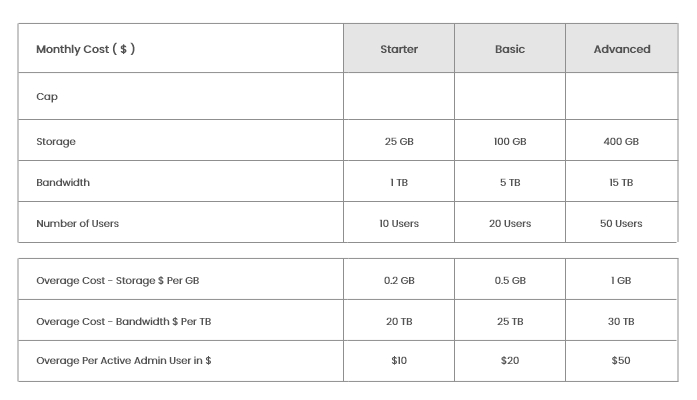



Give Me 10 Minutes, I'll Give You The Truth About Content Management Systems
Easy-to-use interface & a variety of features that make activities like content generation, organizing, and publication.
In this informative blog article, we will expose the truth about Content Management Systems (CMS) and investigate its importance in the digital environment. Whether you're a seasoned website owner or just starting out, knowing the ins and outs of CMS is critical. Join us as we delve into the realm of content management systems (CMS) and uncover the truth about their influence on website administration, content development, and scalability. Prepare to learn the secrets of an efficient CMS in just 10 minutes!
What is a Content Management System?
Let's start with a definition of a Content Management System (CMS). A CMS is a software tool that allows people to produce, manage, and alter digital material on a website without requiring technical knowledge.
It has an easy-to-use interface and a variety of features that make activities like content generation, organizing, and publication easier. A CMS allows consumers to focus on their content while smoothly handling the underlying technological concerns.
The Benefits of Using a CMS
Using a Content Management System offers several significant advantages:
- Usability: CMS solutions are developed with usability in mind, allowing even non-technical individuals to maintain and update their websites with ease. A simple and easy interface allows for the creation, modification, and publication of content.
- Time Efficiency: By removing the need for manual coding or depending on developers for every website update, you may save significant time with a CMS. The simplified content management procedure allows you to concentrate on developing and delivering high-quality content to your audience.
- Content Organization and Structuring: CMS solutions include capabilities for properly organizing and structuring your material. You may organize information into categories, build navigation menus, and use tags and keywords to improve searchability.
- Scalability and Flexibility: A strong CMS allows your website to grow and change as your company or online presence grows. You may quickly create new pages, alter old ones, and incorporate new features without disturbing your site's main structure.
- Collaboration and Workflow Management: Several CMS platforms have collaboration capabilities that enable many users to collaborate on material at the same time. You may delegate responsibilities and permissions, manage changes, and automate the content review process.
Content Management Systems and SEO
Now, let's explore the crucial relationship between Content Management Systems and Search Engine Optimization (SEO):
- SEO-Friendly Features: A decent CMS has tools and features that allow you to optimize your content for search engines. They include, among other things, adjustable URLs, metadata optimization options, XML sitemap production, and the ability to add alt tags to pictures.
- Content Optimization: A CMS allows you to organize your material with header tags, bullet points, and internal linking, which improves your website's readability and SEO friendliness.
- Mobile Responsiveness: Mobile-friendly websites are prioritized in search engine results. A CMS with responsive design features guarantees that your site is accessible and optimized for different devices.
- Page Speed Optimization: Page speed is an important ranking element. An effective CMS allows you to improve the speed of your site through caching, image compression, and other approaches.
Selecting the Best CMS for Your Needs
Consider the following criteria while choosing a CMS:
- Usability: Be sure the CMS has a user-friendly interface and intuitive features that correspond to your technical competence.
- Customization Options: Look for a CMS with design customization, add-on modules, and connectors with other tools and platforms.
- Scalability: Think about your long-term ambitions and select a CMS that can grow with your website and meet changing demands.
- Community Support: Opt for a CMS with an active user community, extensive documentation, and reliable customer support channels for assistance.
Conclusion
The correct Content Management System is critical for effective website administration and content generation. You'll be able to make an informed selection and unleash the real potential of your online presence if you understand the benefits of CMS, its influence on SEO, and the considerations to consider when choosing a platform.
Hocalwire CMS truly enables seamless modern digital publishing by assisting authors and editors in focusing on what matters most: engaging loyal audiences, expanding readership, and increasing revenue. Book a demo today to see how Hocalwire CMS can transform your newsroom.

